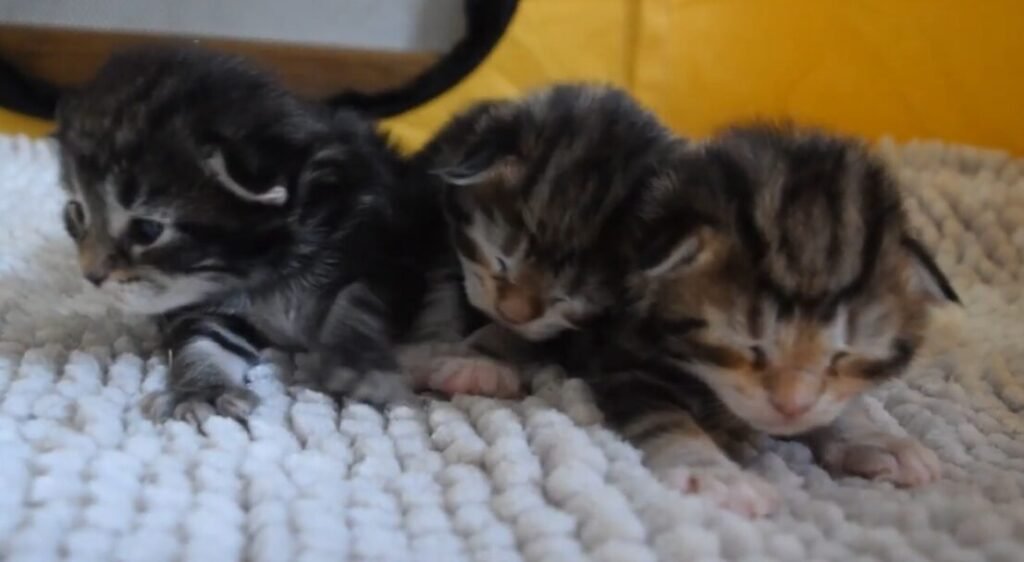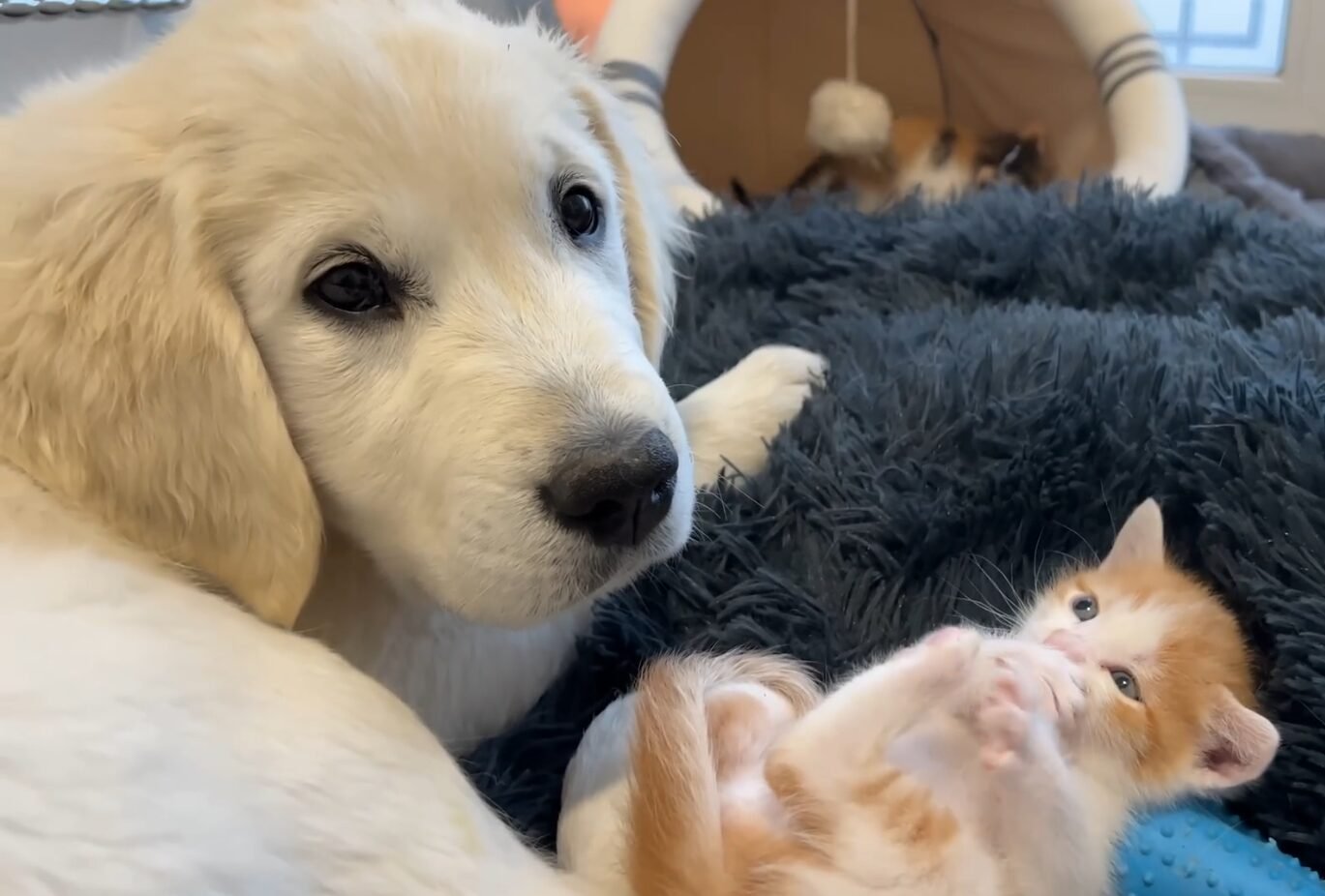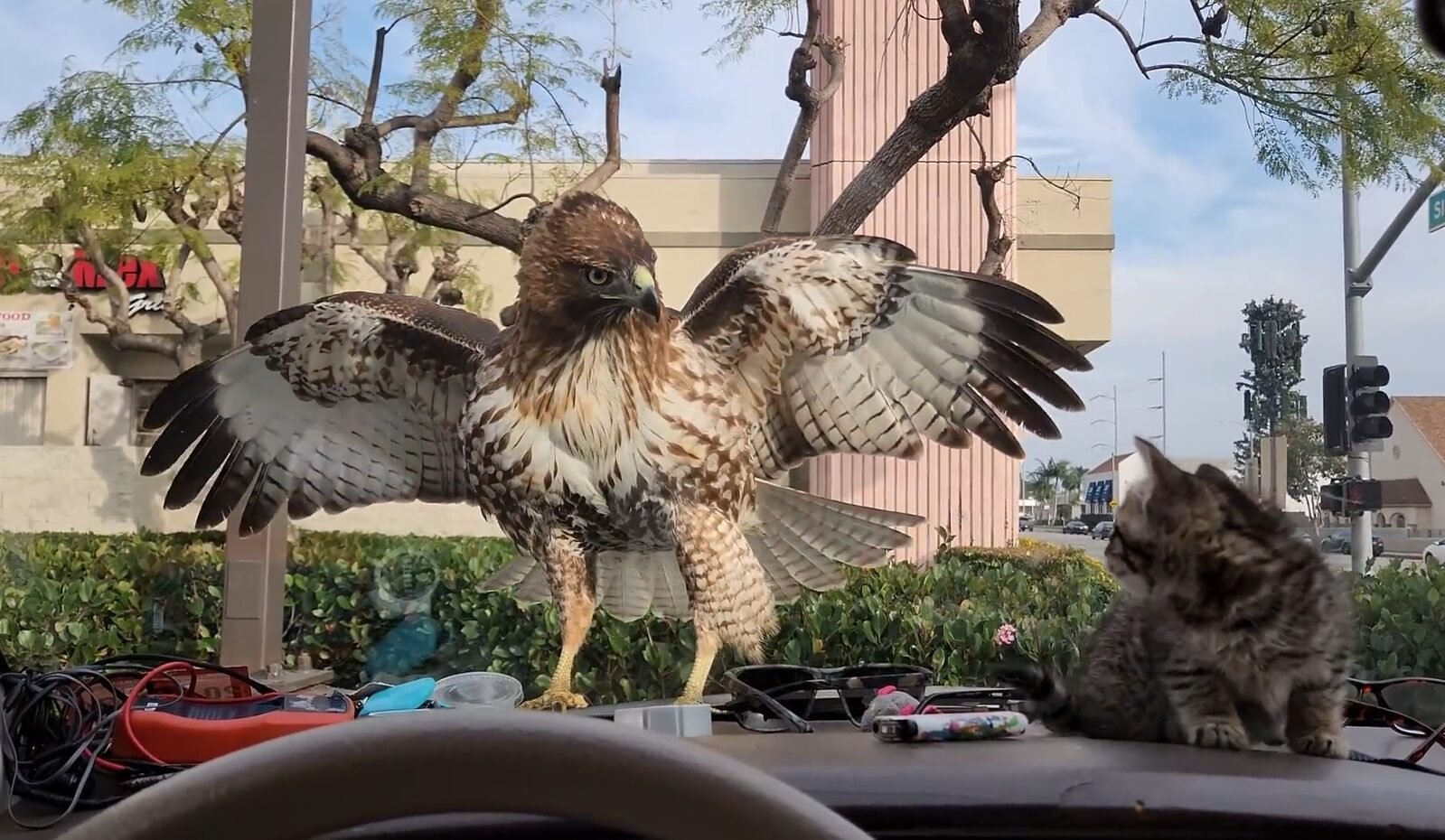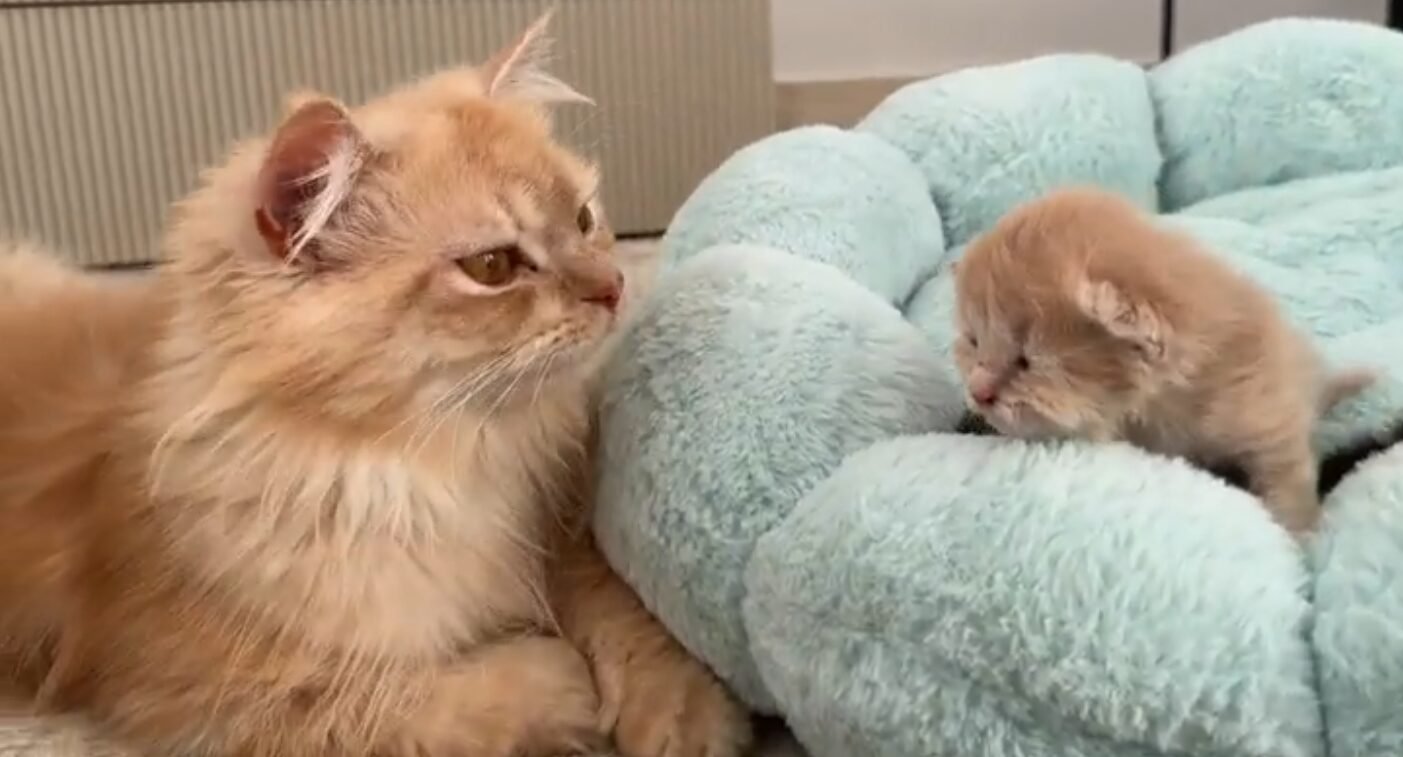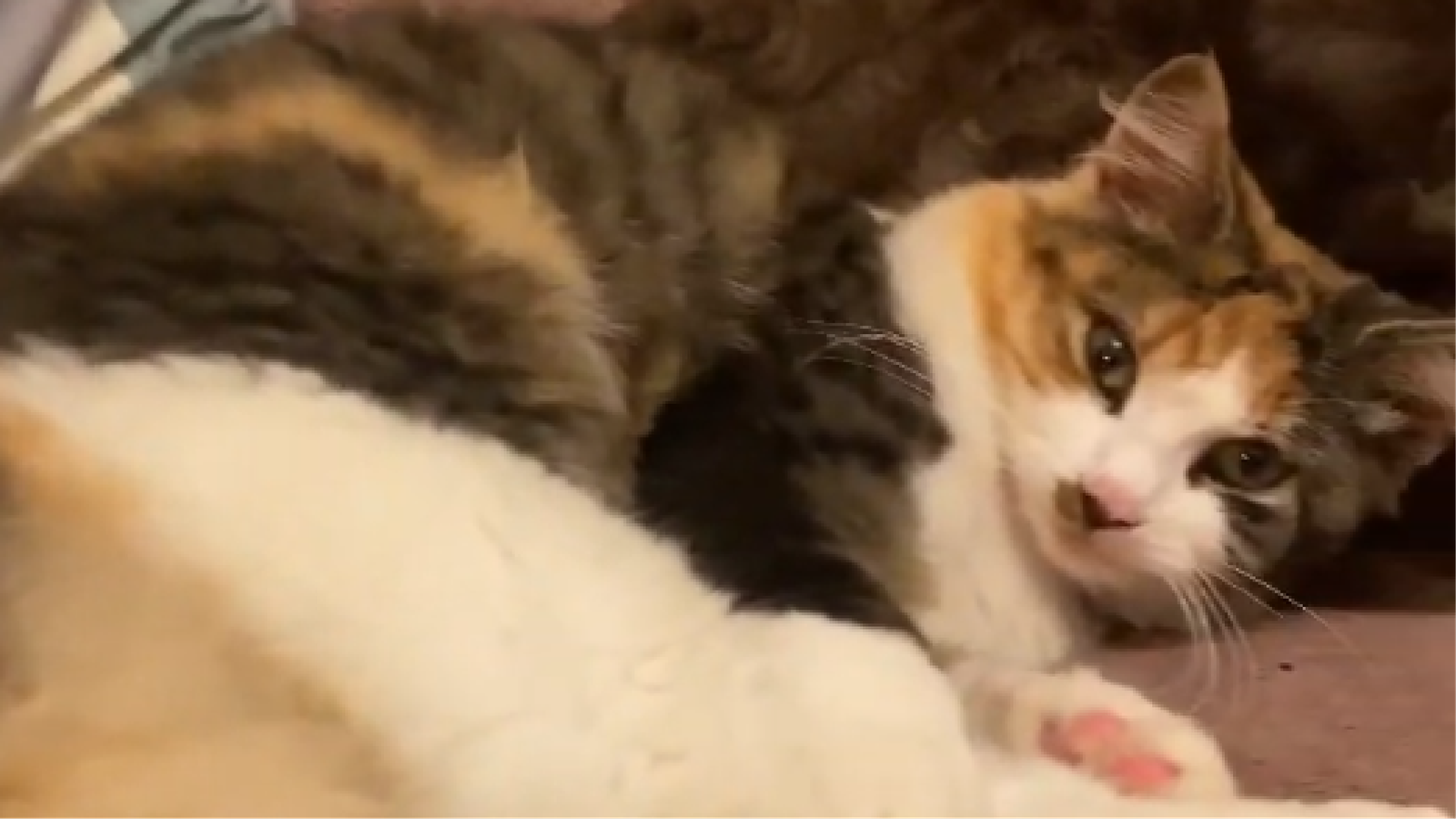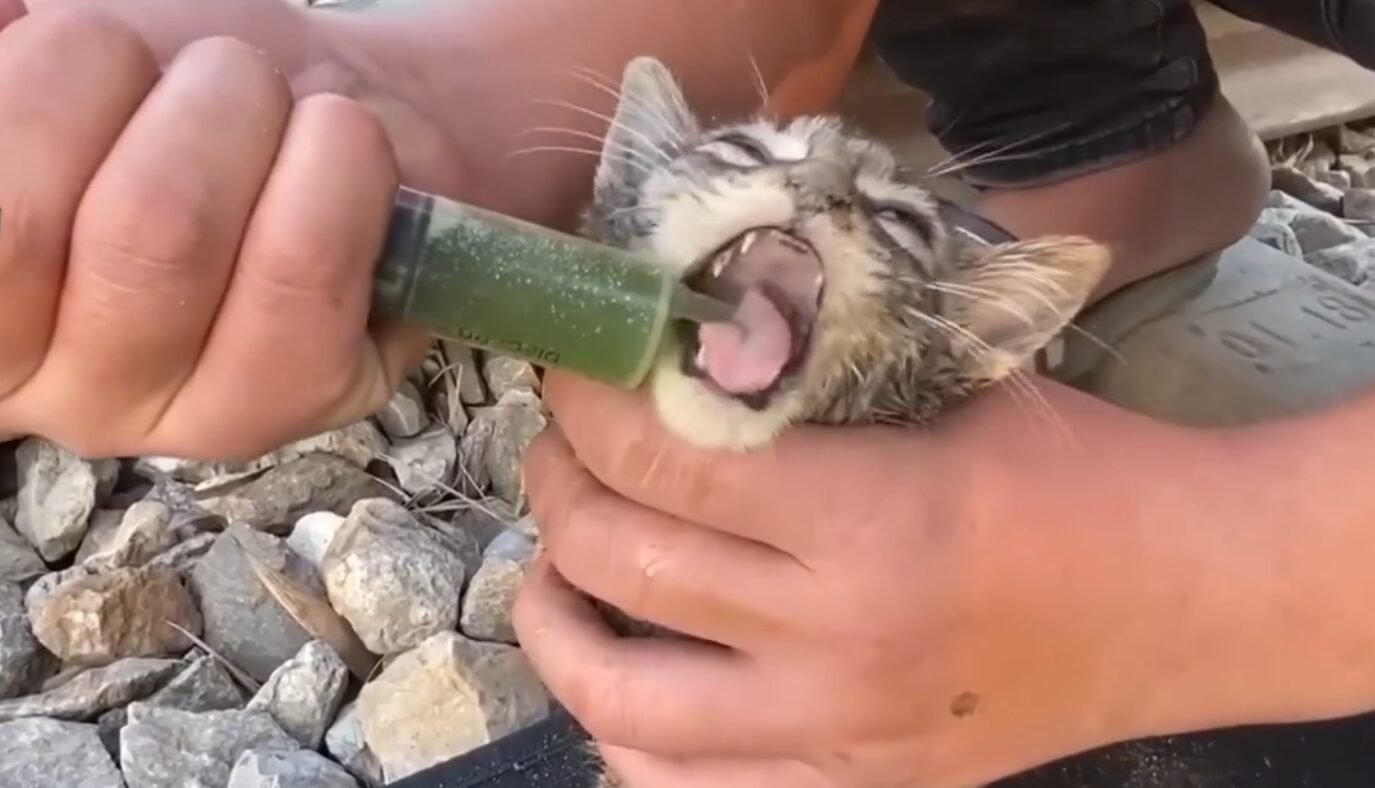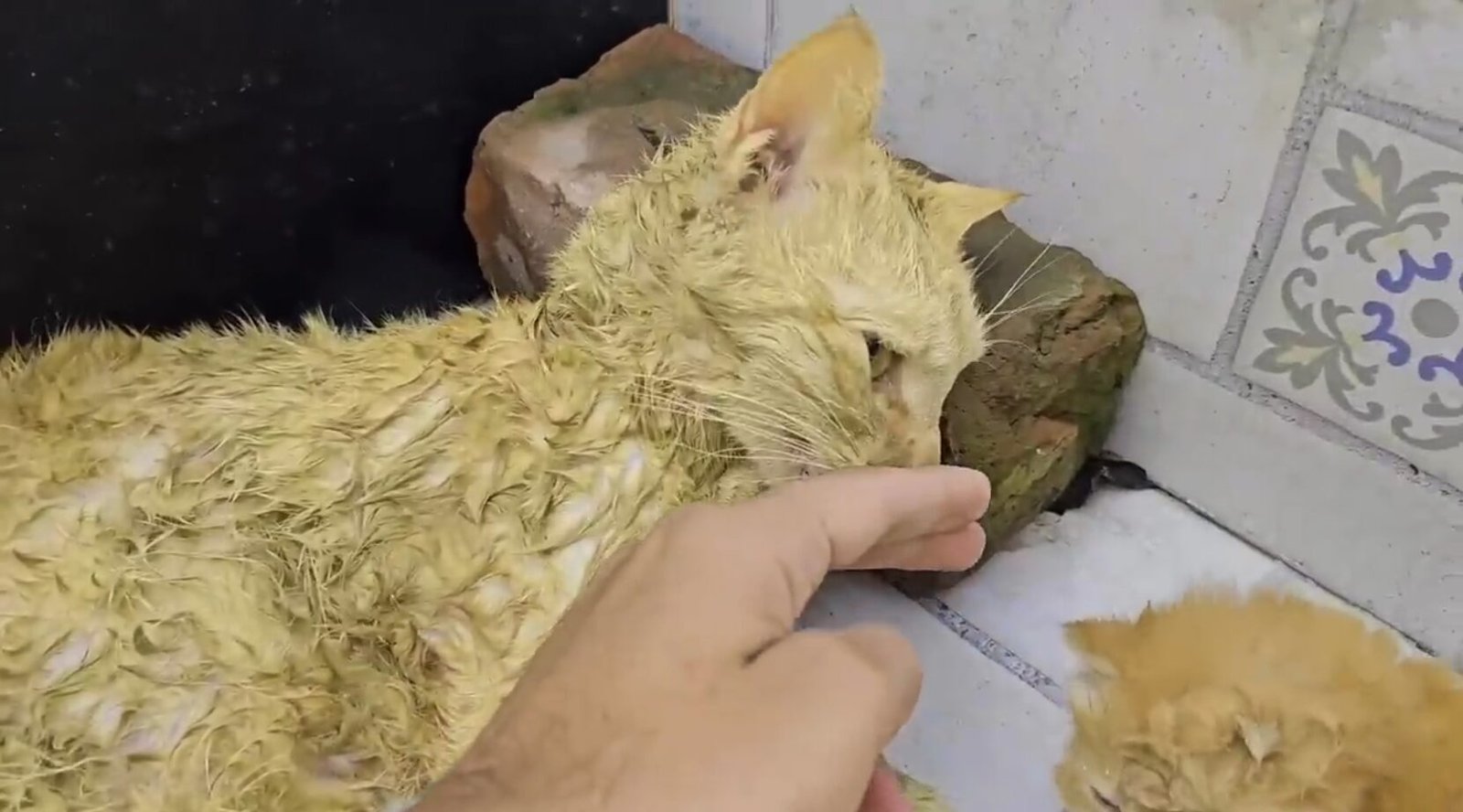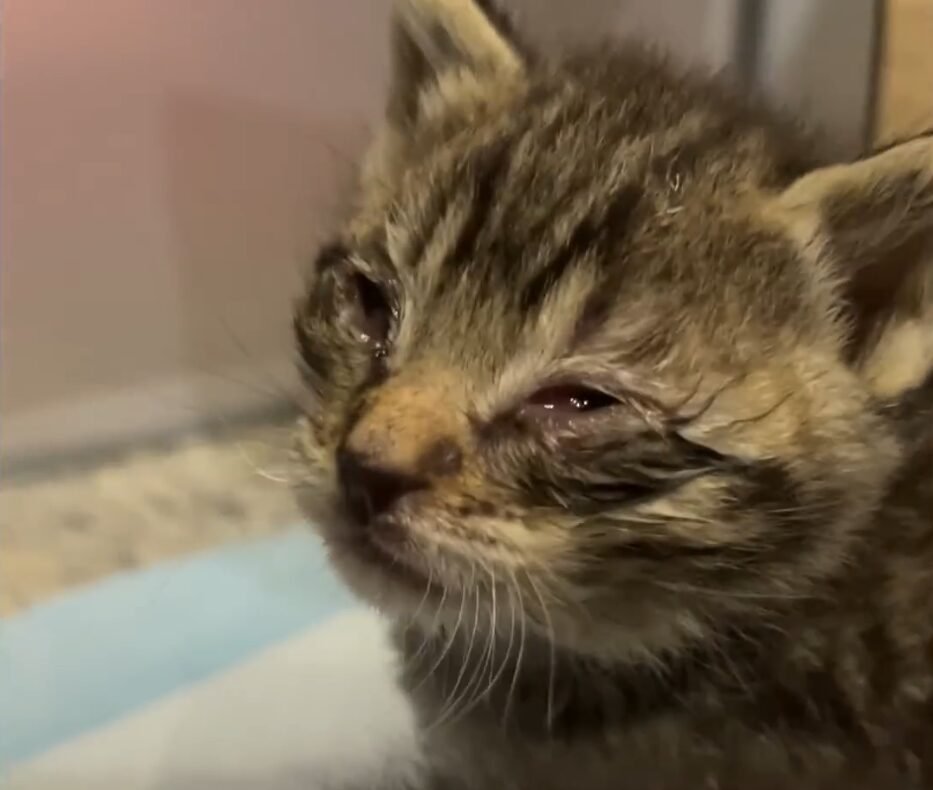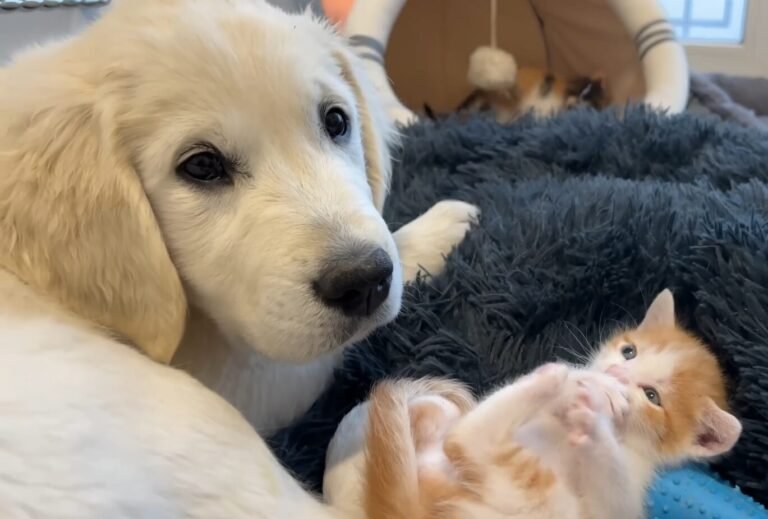Bringing Home Newborn Kittens
Upon bringing home a litter of new kittens, one can’t help but be overwhelmed with joy and excitement. Black and white kittens are truly very tiny due to the fact that they are only 12 days old. They do very little at the house other than sleeping and relaxing. These early years are very important for their growth, and knowing what they need will help them be healthy and happy as they get older. Cat kittens go through a lot of changes in their first two weeks of life. They are about 12 days old and very dependent on their mom for warmth, food, and safety. Their eyes have just opened; all they can do is crawl to and wibble closer to mom. It is very important to have them in a stable and caring environment that will help them grow and develop during this period.

Creating the Ideal Setting
Newborn kittens need to stay in a warm, quiet, safe room where they can sleep comfortably and grow. This has to be a place devoid of drafts or noise, where the bedding is also very soft for them to lie on. They can be provided with a nesting box or even an open space in a quiet room. It is very important to keep them at a warm temperature since cats cannot regulate their body temperature yet. Kittens usually get all the nutrition they need from the milk of their mothers during the first weeks of their lives. If the mother is not around, the kitten needs to be fed through a bottle with cat milk replacer. Kittens are still eating a lot at 12 days old, every two to three hours, on average. So it’s important to keep an eye on how much they eat to make sure they’re growing and doing well.

The Importance of Sleep for Growth and Brain Development
Kittens that are newborn or less than 12 days old spend most of their time sleeping. They only wake up to eat, and they may sleep for as long as 22 hours a day. The body is working so hard and growing; therefore, this is very important sleep for them. During this time, growth of the brain and nervous system takes place with the basic foundation that could be laid in the future on learning and socialising. Newborn kittens should be allowed to rest without much interruption, but light handling can help acclimatise the kittens to human presence. By 12 days old, kittens should be handled very lightly and very gently. They should now become accustomed to people’s scent and touch. This will help them be more comfortable with people as they get older. You can prevent stress in kittens by making sure to always touch them with clean hands and in a calm place.

Weight and Activity Levels
These first days are quite critical, and this is the time when the growth of your kittens should be monitored. By 12 days, kittens should be starting to gain weight slowly and getting a little more active, starting to explore their surroundings. At this age, their eyes can open but definitely cannot see very well. By keeping an eye on their growth, you can make sure they are on track and catch any health problems early. Even though most kittens are healthy when they are born, there are some things you should know about their health. Hypothermia, dehydration, and diseases are the usual problems of just-born kittens. You should consult immediately with a veterinarian if the kitten acts lethargic or is unable to eat well and shows signs of pain. It is very helpful to observe their weight and behaviour for early identification of problems.

The Role of the Mother Cat in Early Socialisation
Kittens start getting to know other cats early on, even before they can walk. Mother cats and their kittens are very important for teaching cats basic social skills. At this age, the goal is to slowly expose them to people and things, which will help them become good pets in the future. This age allows a cat to be friendly and quite confident when they have good experiences with people. Early times are the periods when the mother cat tends to her kittens most, providing them with food, warmth, and safety. She would clean her kittens, take them to pee, or make them go to the bathroom and piss, and protect them in every possible way.

Caring for Multiple Kittens
Caretakers of the kittens should, as far as possible, leave most of the work to the mother, but they should be prepared to take over if the mother is unwilling or unable to, or if the kittens get lost. Taking care of more than one kitten needs a little more attention to make sure they all do well. It’s important to make sure that all of the kittens are getting enough food and feeding properly. If one kitten isn’t eating as much or seems weaker, it might need extra food. It is very important for kittens’ health that they have a safe and cosy place to rest and grow. When your kittens are almost two weeks old, they will start to move around more and be more interested in what’s going on around them.

The First 12 Days and Beyond
This next stage in growth is weaning, potty training, and lots more movement—what a good time to begin preparing for these stages as they are just around the corner. Ensuring that their environment is both enriched and secure will ultimately result in well-adjusted, sociable little kitties. The first 12 days of a kitten’s life are about sleep, feeding, and the beginning of their journey into the world. By keeping your black and white kittens just a little bit warmer in winter and cooler in summer, feeding them good-quality kitten food, and handling them gently, you can give your black & white babies the very best of starts in life. But with proper care, this is only the beginning of the bond that you and your kittens will share. And they will grow up to be healthy and happy adult cats.


